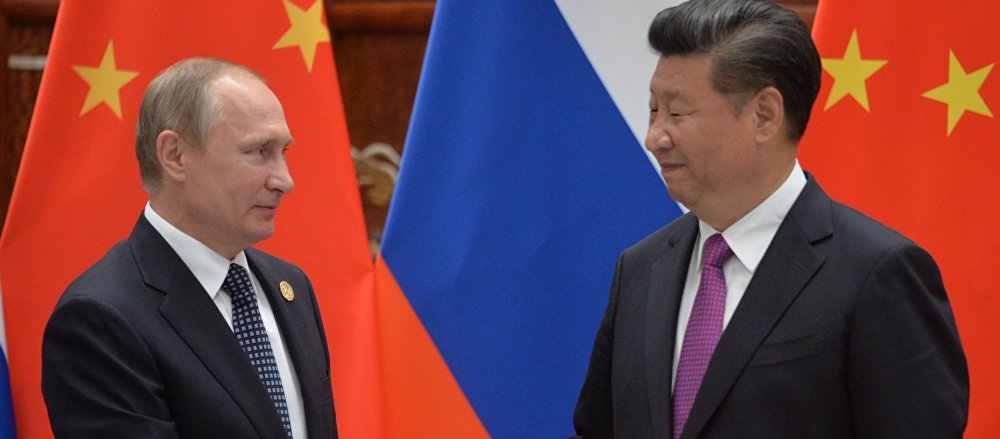China and Russia seek to strengthen ties
December 18, 2017 | Expert Insights

Over the last three decades, the two nations have grown increasingly close, with the Chinese ambassador to Russia referring to their official ties as being among the ‘best in the world’.
Background
China and Russia have had a somewhat tumultuous past. From former allies to bitter rivals throughout the 60s and 70s despite both being led by communist governments and finally back to allies again in the 90s. Both nations, despite not having a great deal in common culturally, nonetheless find themselves politically in agreement on a large number of key issues on the global stage, often offering a viewpoint that is opposed to those offered by their American or European contemporaries.
Analysis
While there is a great deal of political good will between the two nations, that has not yet translated into strong economic ties, with Russia only accounting for around 1.8% of China’s global exports and Russian goods, primarily energy, making up only 2% of China’s imports from Russia. However, with Russia’s participation in the One Belt, One Road mega-project that is being spearheaded by China, there is a chance that the warm political relations between the two may soon be backed up by a vastly increased amount of bi-lateral trade.
Chinese premier Xi Jinping and Russian President Vladimir Putin are both viewed as strong leaders within their respective nations, and with Xi Jinping consolidating his power within China and with Putin expected to easily win re-election next year, it is not likely that there will be any significant disruption of high level ties for the immediate future.
China and Russia are already coordinating on many aspects of foreign policy, such as supporting the Asad regime in Syria, criticizing the handling of the Korean Peninsula crisis by the United States and, most recently, the U.S. decision to recognize Jerusalem as the capital of Israel. As both are permanent members of the United Nations Security Council, combined they have a great deal of power when it comes to organizing or preventing any action by the international community.
China, has also been keen to seek out strong allies in the wake of the United States’ increased involvement in Asian affairs, particularly China’s efforts to project more power in, and lay claim to, large swathes of the South China Sea through an expansion doctrine that has seen a step up in naval & aerial patrols and the construction of airbases on ‘man-made’ islands. Russia too, seeks strong allies as it seeks to recover its influence in the world and once again become a key player on the world stage.
Although there is little likelihood of the two nations forming a single common government similar to the European Union, it is not impossible that the growing ties between the two nations could result in a strategic partnership or a common defense pact not unlike the North Atlantic Treaty Organization (NATO)
Assessment
Our assessment is that if Sino-Russian ties continue to improve, both politically and economically, it could result in the formation of a new and powerful alliance that could economically, politically and even militarily contend with the U.S. or European Union. With current U.S. leadership expressing a commitment to adopting a more isolationist and non-interventionist stance with regards to its foreign policy, a close strategic partnership between Russia and China could, quite conceivably, emerge as a new leading global power on the world stage within the next two decades.








Comments